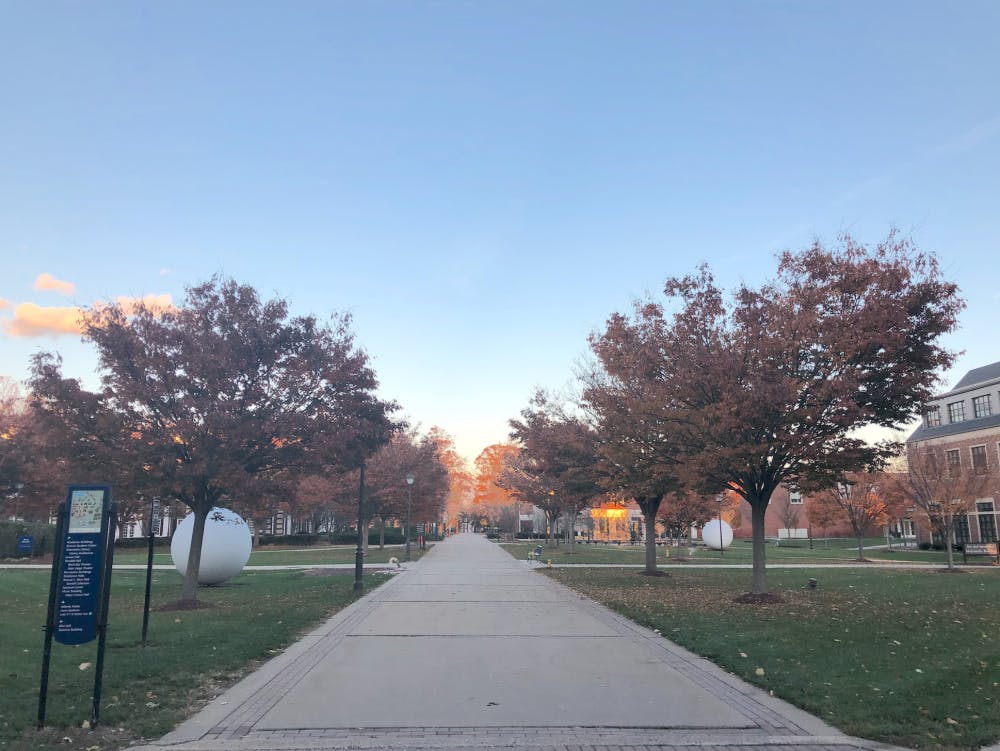By Natalie Notaro
About a week ago, College President Kathryn Foster announced to the campus community that a “Flex” plan is in place for the spring 2021 semester, which involves both in-person and remote learning, allowing students to live on campus. However, many did not have the enthusiastic response that the College was expecting.
Why might this be? Students should be overjoyed that we are projected to return to campus. In reality, the “Spring Flex Plan” will provide some students with the same learning experience that they are receiving this semester. The plan is positive in theory, but it seems too vague for students to get excited about.

Multiple professors have already made the decision to go remote next semester despite the opportunity for in-person instruction. In fact, it seems that more classes will be virtual than in-person next semester, not even giving students the opportunity to choose.
The plan is also not definitive. In her campus-wide email sent on Oct. 29, Foster said that “because the spring semester is still roughly three months away, these plans are necessarily contingent upon future conditions and governmental restrictions.” Covid-19 is still very much a reality, and the number of cases in New Jersey is rising everyday. There were 3,202 reported cases in New Jersey on Nov. 8 alone, according to The New York Times. With data like this, and numbers higher than those in the summer, it’s reasonable to assume that the spring semester will be virtual as well.
The College says that they will leave two residence halls open for students who test positive for Covid-19 to quarantine. This may be effective in containing the virus on campus, but what happens if the number of students who test positive or come in contact with an infected person outnumber the rooms in the residence halls?
Foster emphasized in her email that “presence on campus this spring will be a privilege and not a right.” Students from the College will be required to complete a training called “Roscoe’s Pledge,” a training program that will inform the student body of the do’s and don'ts when returning back to campus. However, I do not believe these training sessions will give students a strict reality check for next semester.
Many students hope that the College is not inviting students back to campus as an excuse to collect normal tuition for room and board fees. College students tend to struggle financially in general, especially during a global pandemic. This past semester, a heap of sophomore students were hasty to sign leases on houses, under the impression that we would have a “Fall Flex” program. These students are now under contract to pay their rent, despite having all classes online.
Foster’s email may have been premature, and left a lot of room for doubt. All I can tell students from the College to do is hope for the best but expect the worst.







